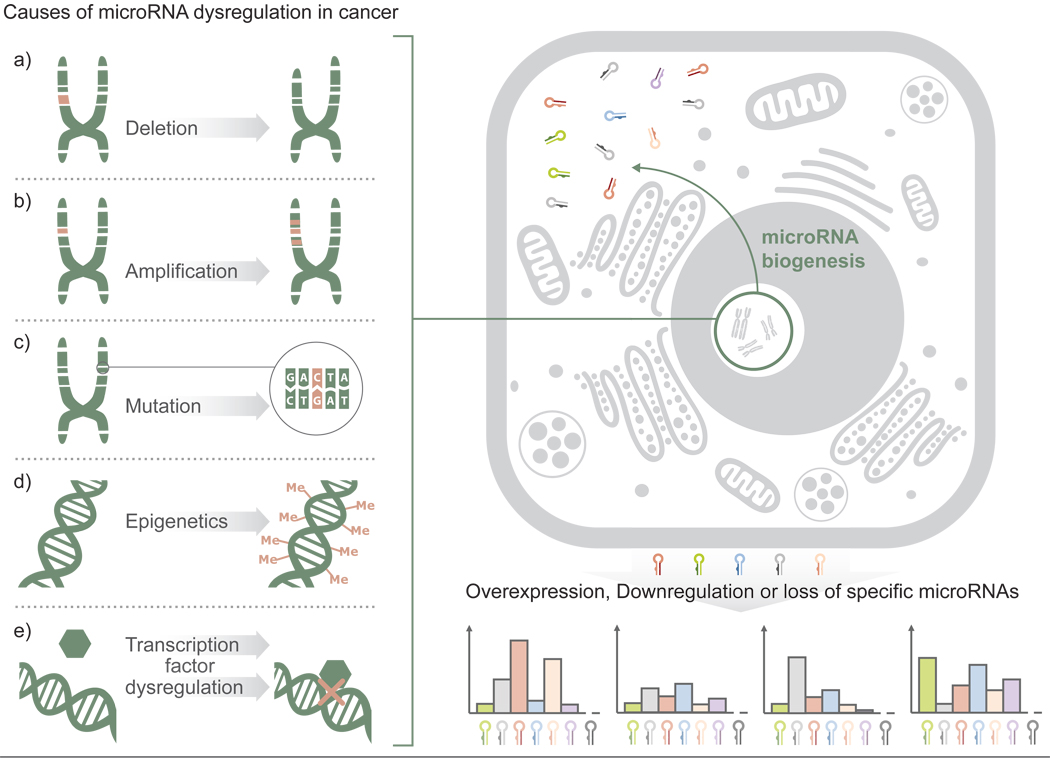Figure 1. Causes of microRNA dysregulation in cancer.
Expression changes for any number of miRNA genes in cancer can stem from cancer pathogenesis; however, such changes can also serve as a crucial contributors to malignant transformation. Such alterations can result from various mechanisms including the deletion (a) or amplification of miRNA-coding chromosomal regions (b), mutations within the miRNA or the target site sequence of the respective gene (c), epigenetic silencing of miRNA promoters (d) or the dysregulation of proteins upstream of the RNAi pathway such as cellular signaling and transcription factors. Each of these mechanisms results either in overexpression, downregulation or loss of function of specific miRNAs. Dysregulation of these regulatory units, whether the affected miRNAs act as oncogenes or tumour suppressor genes, can drastically alter cell signaling pathways, metabolism and cell cycle control.

